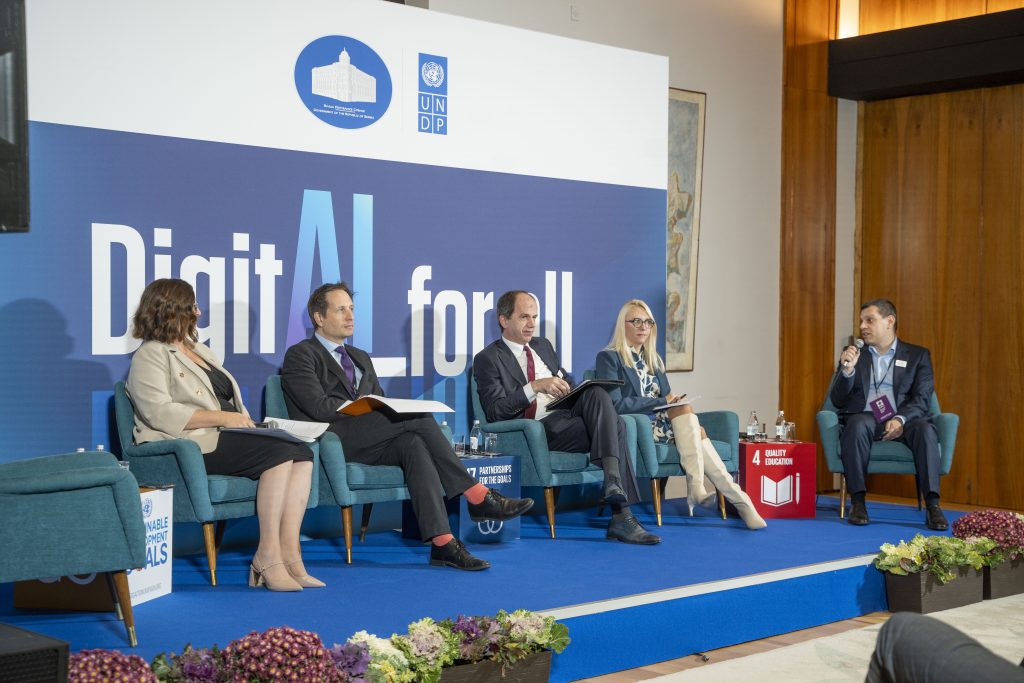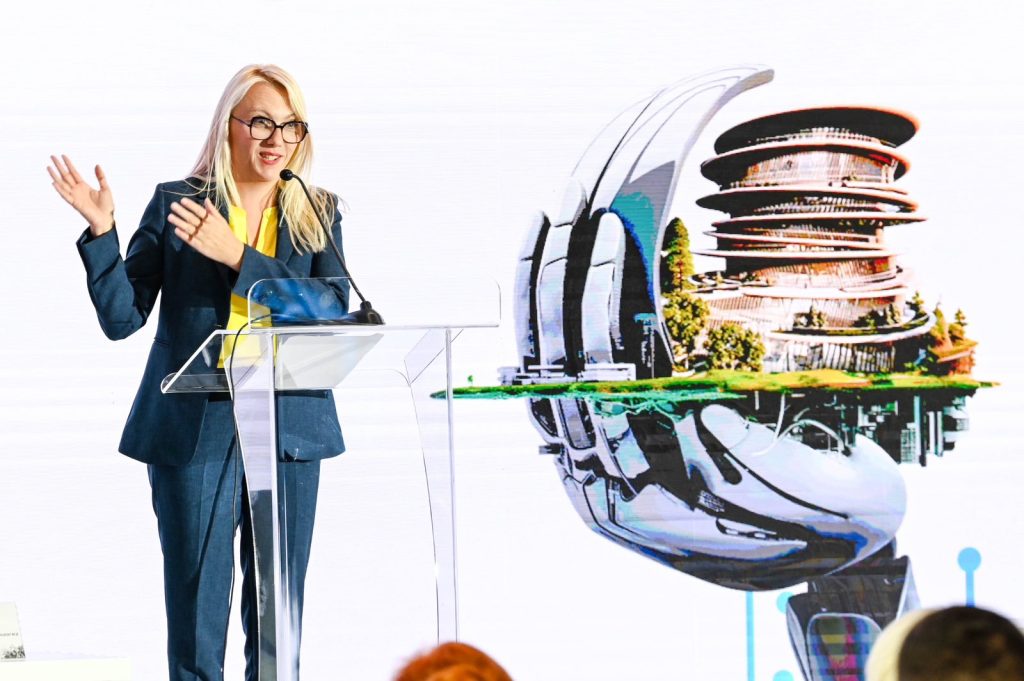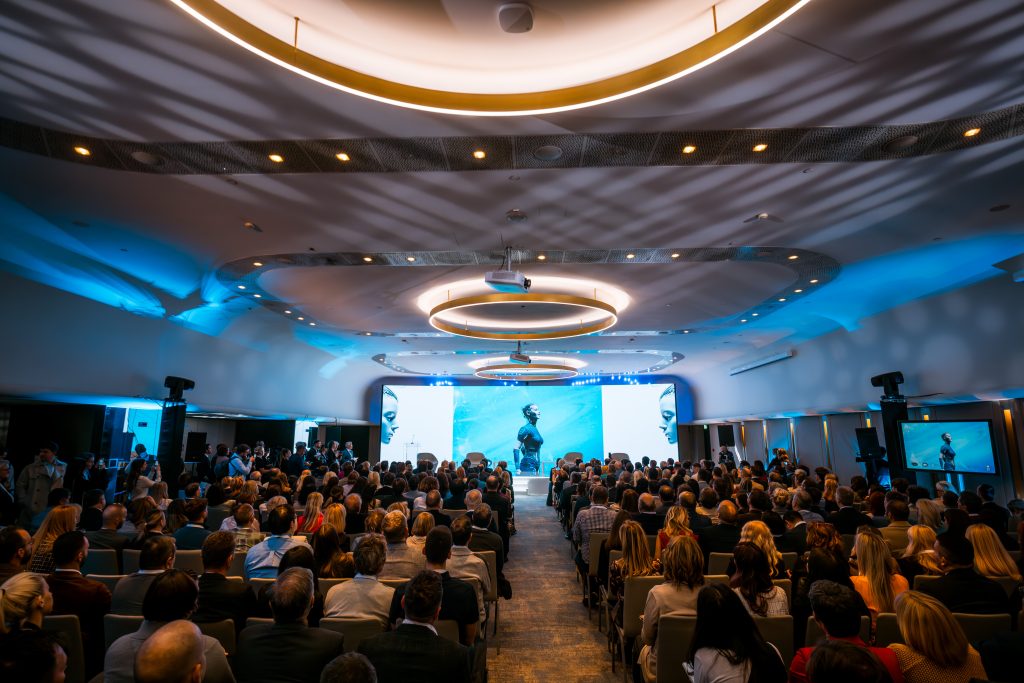In 1995, when I was enrolling at the Faculty of Biology, in the direction of Molecular Biology and Physiology, my dad, very concerned, but still with great confidence in my judgment, asked me: What can you do with that? Maybe it’s better to be a doctor after all? My answer was that molecular biology gives me a chance to change the world, make revolutionary discoveries, and that I prefer working in a laboratory and that there, sheltered from humans, I feel safer and better. And that’s how it all started…
Towards the end of my studies, I saw a job ad for the American organization – International Republican Institute (IRI), looking for a person to work several hours a month in Quicken. Not to go into the details of what set of circumstances I knew I was doing (exactly) at Quicken, but it helped me get my first serious job. For the next sic years in the IRI, I dealt with democratic changes through co-operation with the “Otpor” and then public policies – hot to better plan the development of the country in Serbia.
And so, I started to deal with governance algorithms, law, laws, change, reform. Since 2005. I worked for projects of the U.S. Agency for International Development, and since 2010. I have been working in NALED – the first Serbian association whose mission is Serbia’s economic progress, in which citizens, businesses and municipalities gathered to contribute together. In front of NALED I have led a number of reforms such as construction permit reform, seasonal employment, flat taxation, cadaster, establishment of incentives for start-ups in business, reform of parafiscal…
Although I was constantly asked “how come you’re not a lawyer?”, with the amazement that a molecular biologist deals with laws, for me all these reforms were like molecular biology and genetics – there are some LEGO cubes, similar to base pairs in genes, that need to be properly combined to get the desired traits, in order to obtain laws, systems and rules, which the state will be tailor-made for citizens and the economy.
Although I’ve wanted to go back to genetics many times, I didn’t do it because it’s particularly motivating for me, except for the changes we’ve created any environment I work in. Popole who work in NALED are smart, worthy, with real human values, who believe that things can be improved and that we have to work on that for that change to happen.
Over the past few years, NALED has begun to work more and more on reforms in the health care system. And accidentally, my dice matched again. The World Economic Forum and the Serbian government established the Centre for the Fourth Industrial Revolution, which is part of a global network of similar centres established in 16 countries around the world. Each centre develops its unique expertise – C4IR Serbia aims to help facilitate the easier and faster combination of informatics, health and biology and thus enable the development of biotechnology and bioengineering. A few months ago, I received an offer, with work in NALED, to run this Centre and to associate my knowledge of molecular biology with 20 years of experience in reforms and laws, and to help create a legal framework and lunch the genetic database of Serbia, cell therapy, early diagnostics using artificial intelligence. It is out task to encourage the development of bioengineering and biotechnology using Serbian brains and our genes.
There’s another revolution ahead of us, and I’m happy to be a part of it.
Source: CorD Magazine.





